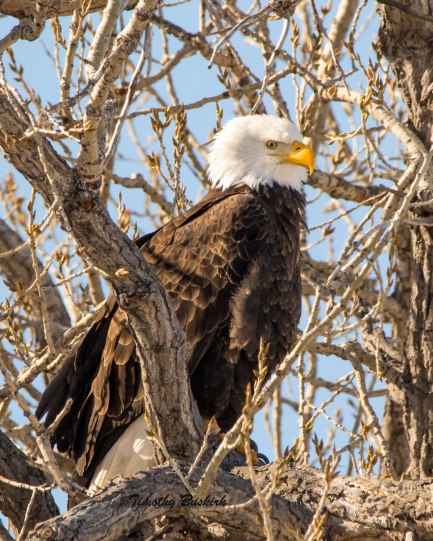
Cannon on the Chancellorsville Battlefield, Virginia Canon 7d MkII, Sigma 17-50 mm, f/8.0, 45mm, 1/80, ISO 100
So, I’ve been away from blogging for a while now. I’m disappointed that i didn’t complete my 100 Birds in 2018. Some things came up in my personal life that did not give me the time to write like I had planned last year. I have found a new found motivation to write through the course I’ve been going through the last four months and want to be able to maintain the skills I’ve gained and or been reminded of. I’m going to keep writing about wildlife and natural resources, but I want to expand that into leadership in that field and possibly how veterans and military personnel can benefit from nature.
I’m a current Army officer in the National Guard and was selected to attend Command and General Staff College in Fort Belvoir this winter. The course had an impact on my family and my civilian job, however, I hope that the skills and concepts I learned here will help me be not only a better officer, but a better leader and father when I get home.
Command and General Staff College is the intermediate level education that U.S. Army officers take when they reach the rank of major. Students are given instruction in military operations from the strategic, operational and the tactical levels. Additionally we take classes in military history, leadership, and the Army’s force management processes. This course is supposed to give us a basic understanding of the higher levels of the Army, as well as set us up to become more effective organizational leaders and planners.
For me, this was the first time I’d been in an academic setting since I graduated college in 2004. I hadn’t written a graded paper since them, or taken a written test either. At first it seemed pretty daunting, but as I learned what the school was looking for, things got less stressful on that front. The thing that never got less stressful was the need to participate actively and vocally in class.
This was my biggest hurdle. I’ve never been one to talk a lot in an academic setting. I take my notes, answer questions when asked, and struggle through the mandatory speaking assignments. It’s especially difficult for me as a part-time Soldier trying to sound as knowledgable and “Army” as my active duty peers. I think I’ve gotten better over time, but I still struggle getting the terms and style right. (my oral exam is next week…guess I’ll see how much I’ve really improved.
However, that’s just an academic test. The real test will be how I use the skills I sacrificed so much time and effort to learn and understand. I think that’s why I’m writing this blog post…to maintain the skills that I used here and to help me continue to tie ideas and thoughts of my work and passions to the proven theories I’ve learned here.
